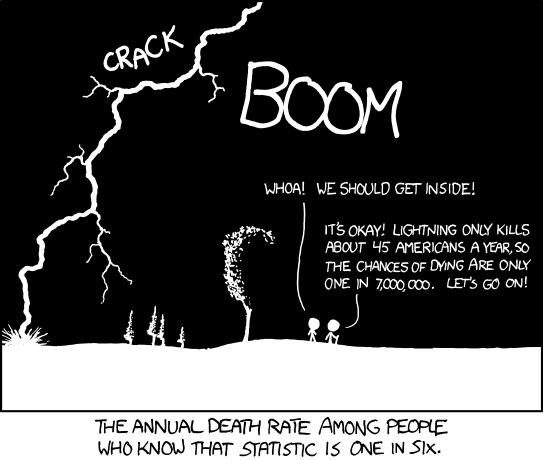Vyvyan Basterd
Adventurer
I said no. If you ask the DM, can my level 1 rogue jump over the castle, the answer would be no (barring anything crazy). If you asked, could my rogue, whose blindfolded try to shoot an apple out of the hand of a guy in the bar, I'd say sure, but you're probably at a penalty to hit, reflecting the difficulty of the task
I voted Maybe So? Basically because I agree with delericho's comments about magnitude of penalty.
I would say no to the player of the first level rogue asking to jump over the castle. But another DM might tell the player, "Sure you can. DC 100." That's the same as saying "no."
High DCs, high penalties, too great of risk to reward all can equate to "you can't" IMO. Not in every case. Definitely not in the reasonable examples provided by the OP.



